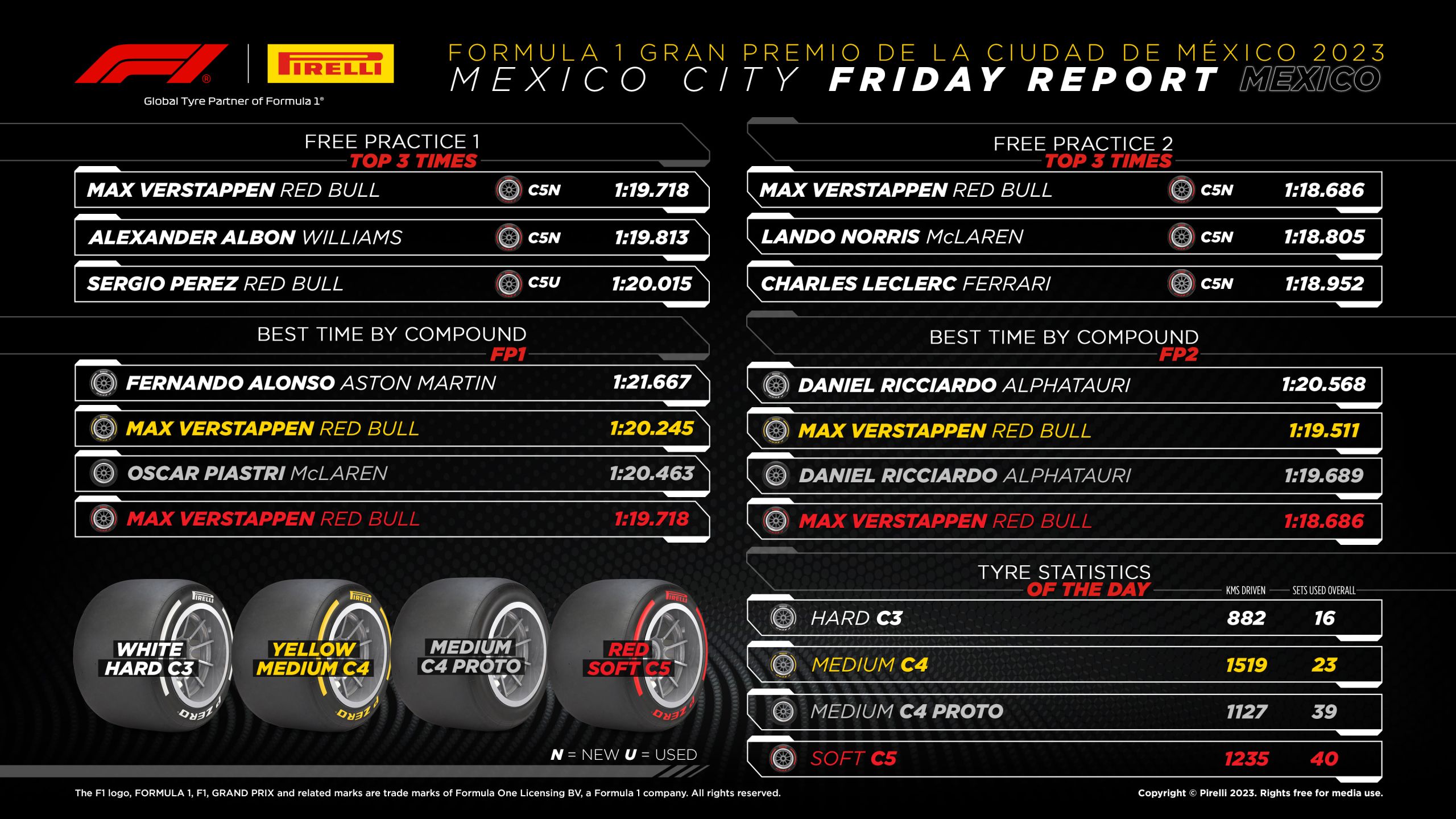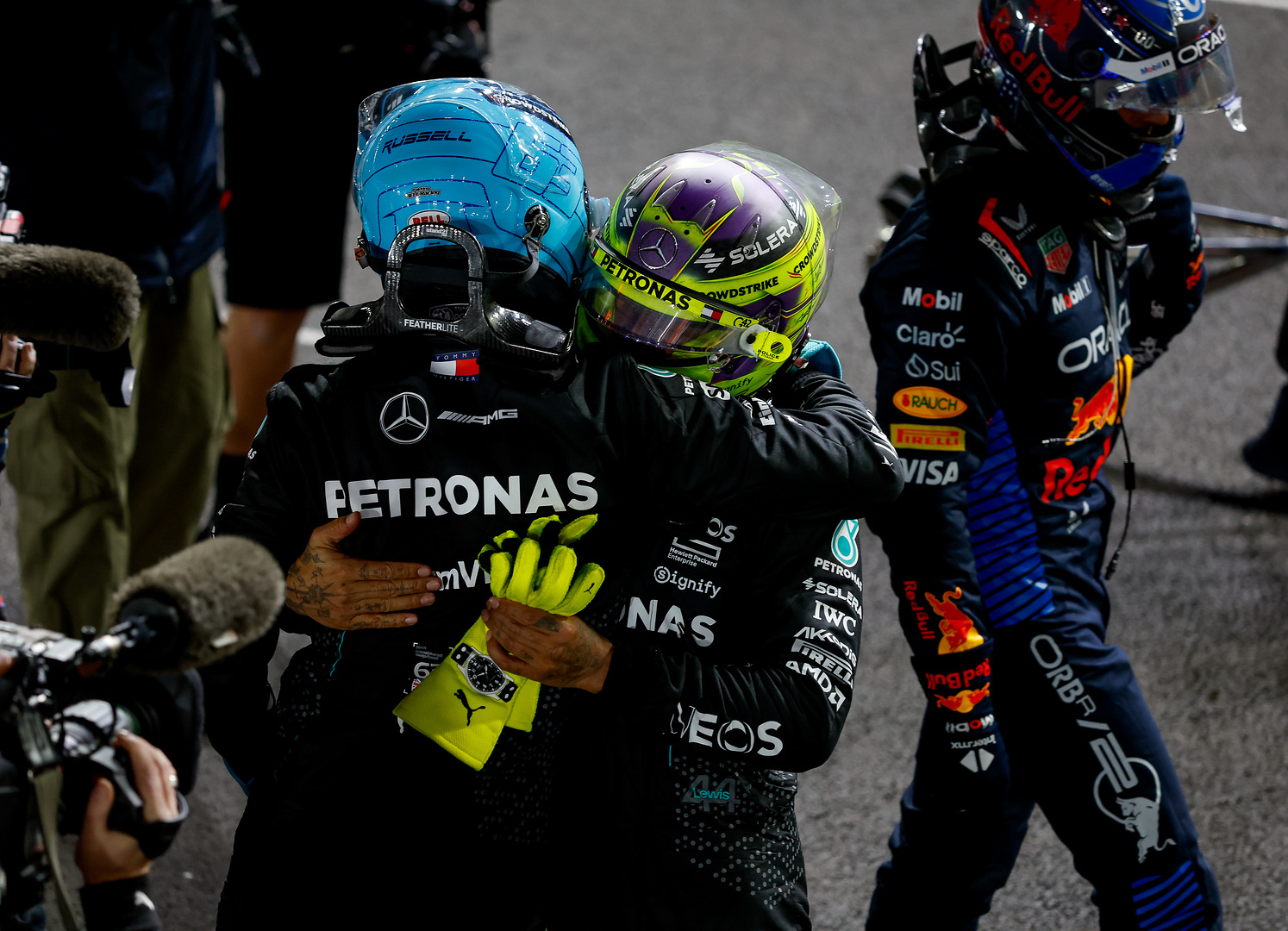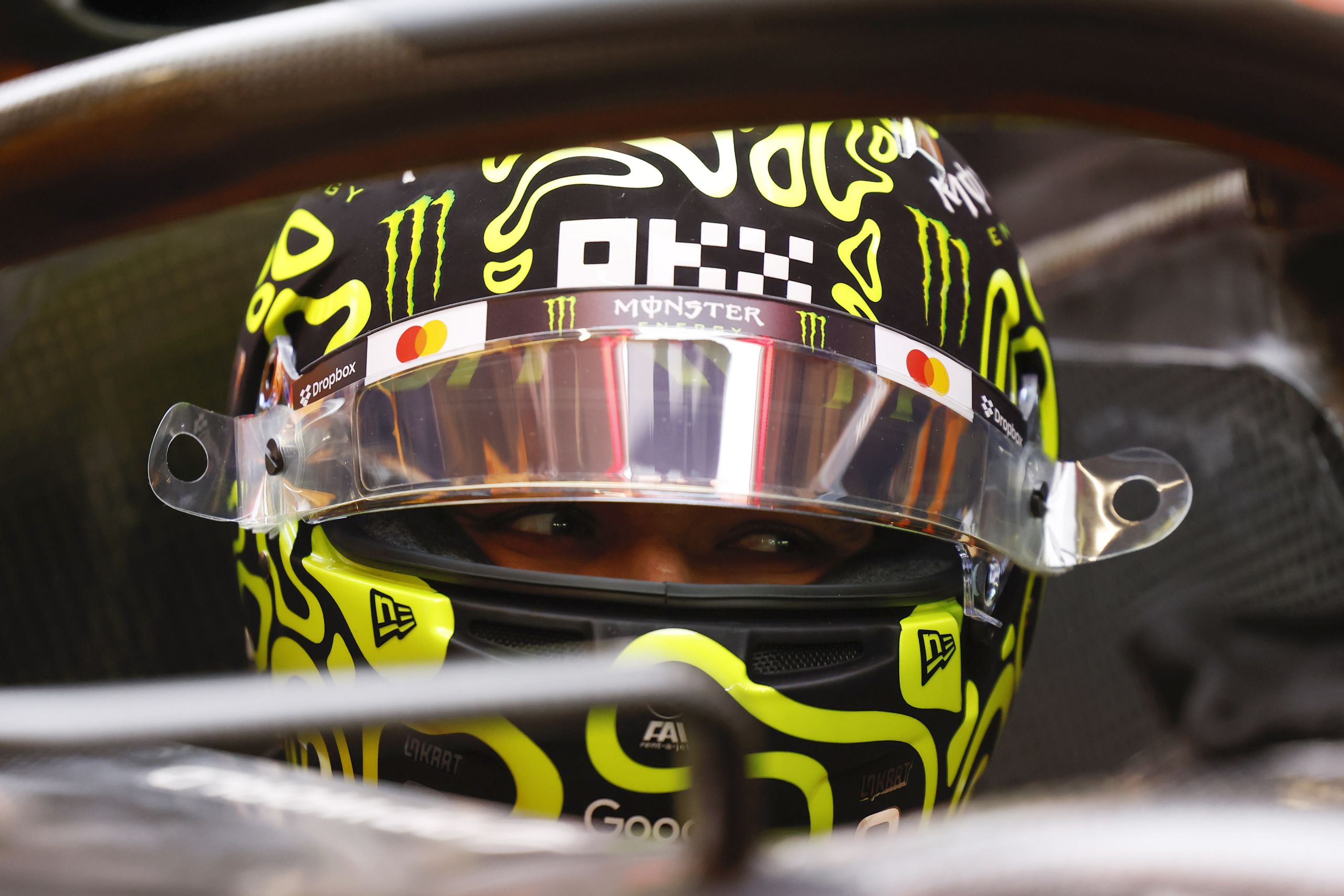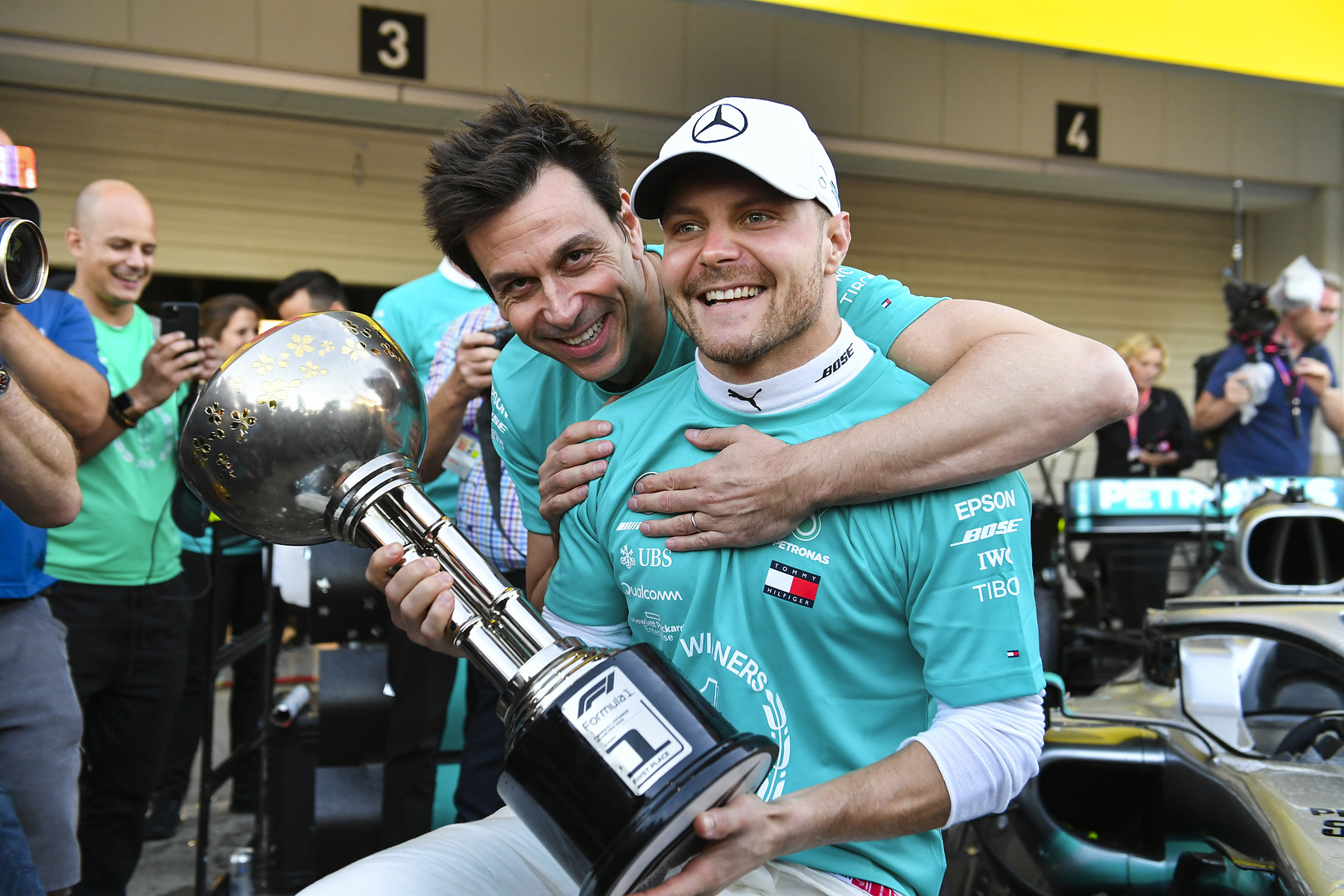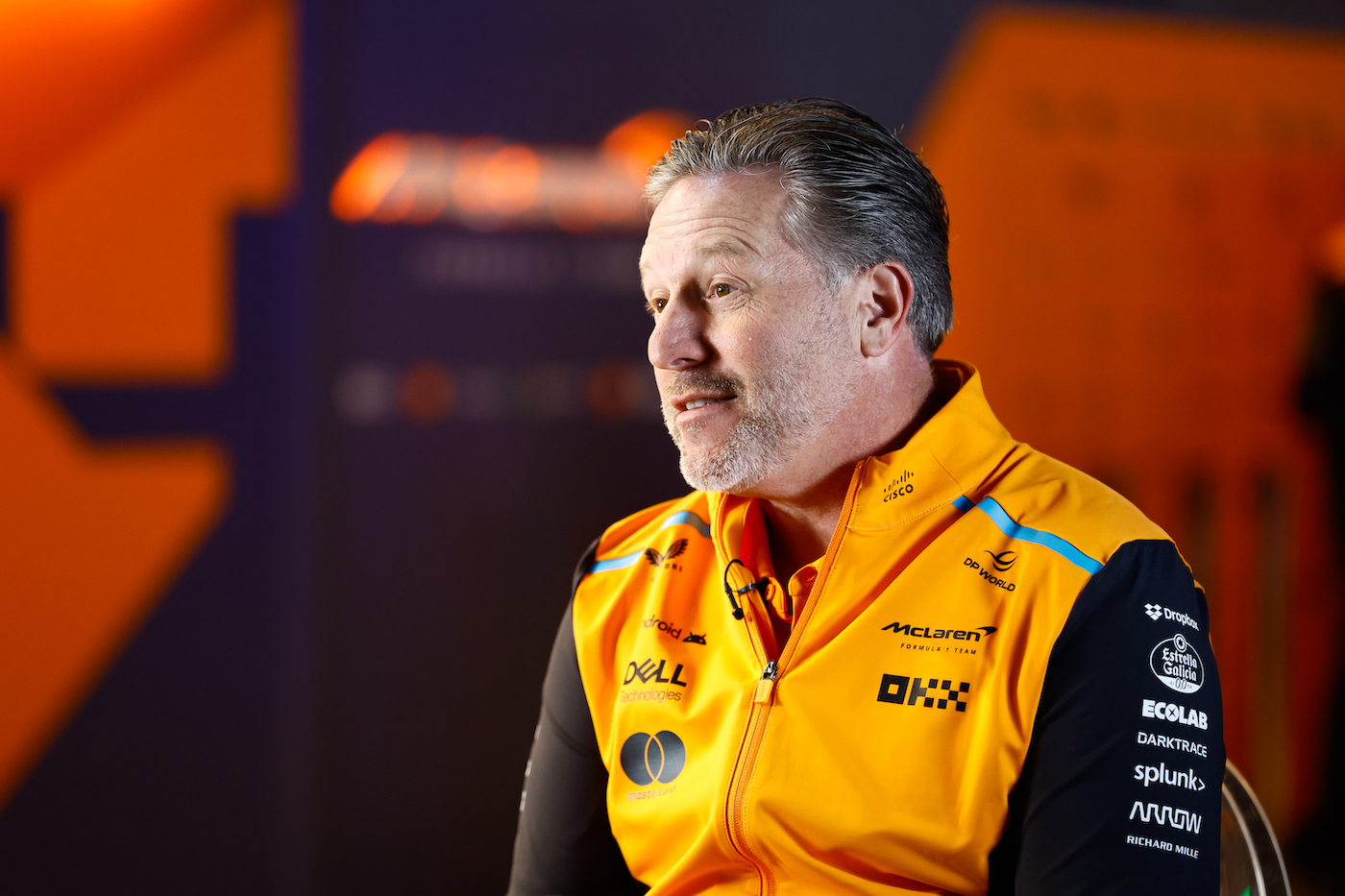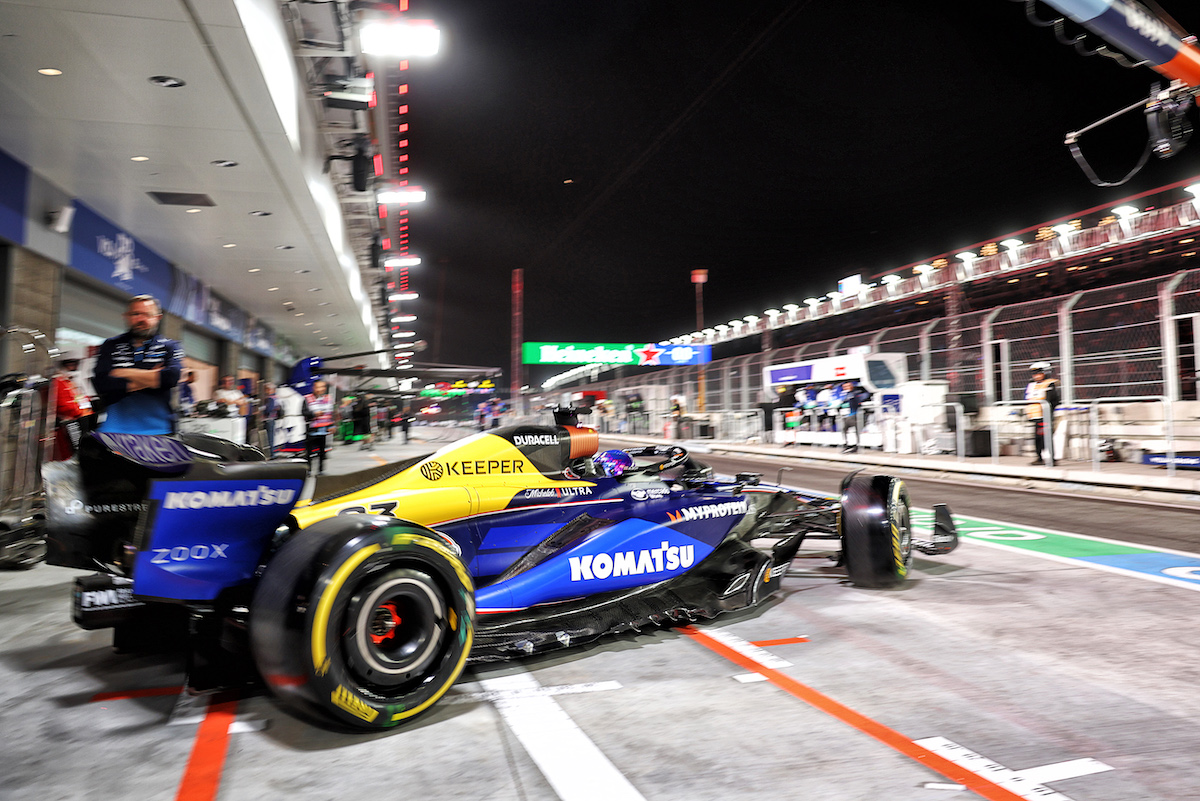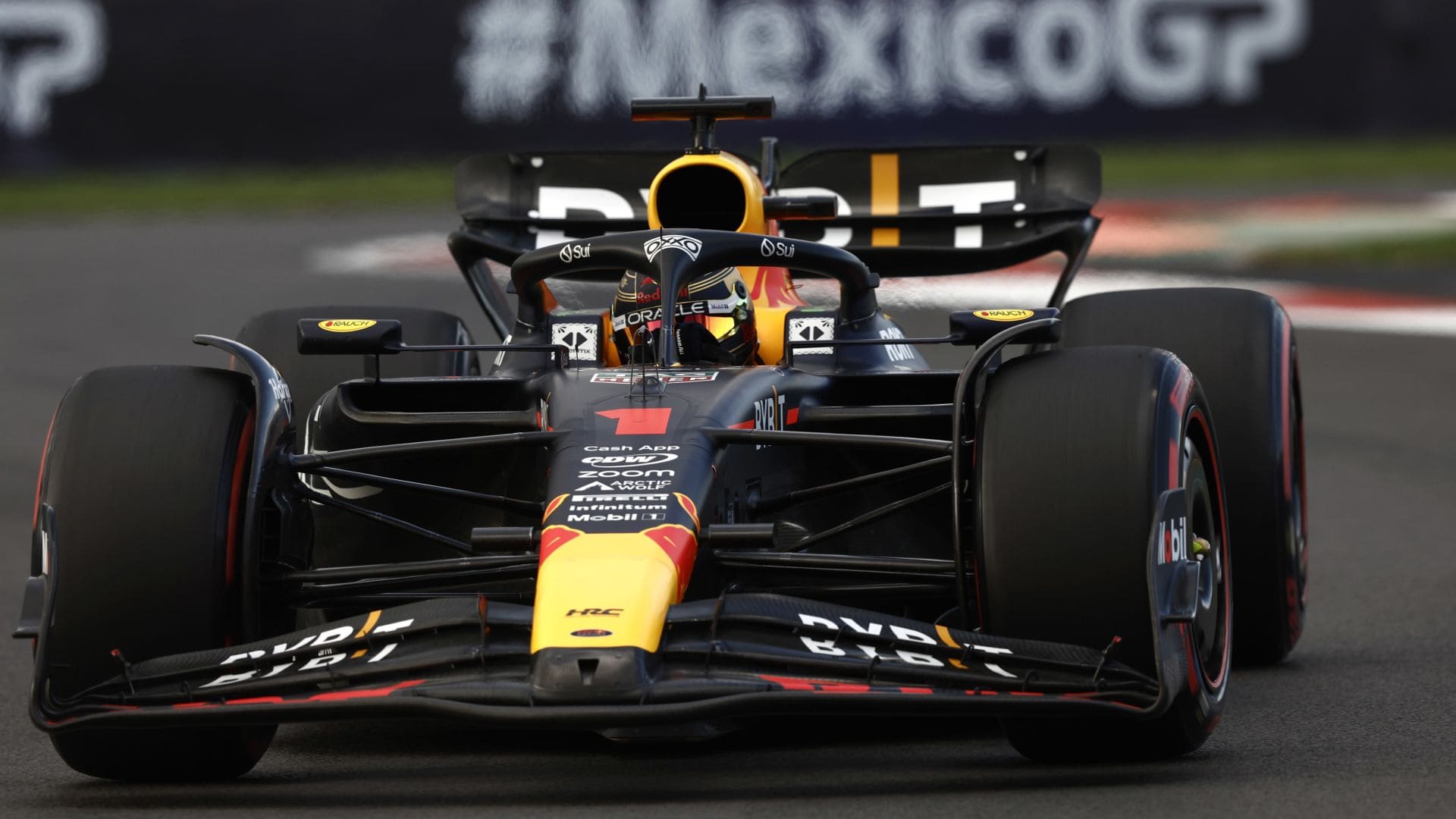
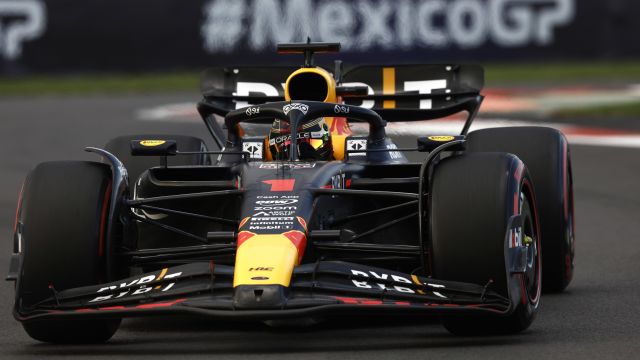
2023 Mexico Grand Prix: Friday Tyre Analysis – Max Verstappen was the dominant force on the first day of free practice for the Mexico City Grand Prix. The three-time world champion was quickest in both sessions, with lap times faster than in the same sessions last year by 0.989 in FP1 and by 1.284 in FP2.
In the first session, no fewer than five young drivers made their debut at a Formula 1 event as part of the “rookie driver test” programme set out in the championship’s Sporting Regulations: they were English driver Oliver Bearman in the Haas, France’s Isack Hadjar for AlphaTauri and Theo Pourchaire with Alfa Romeo, the Dane Frederik Vesti with Mercedes and Australia’s Jack Doohan in the Alpine. The quickest of the quintet was Bearman in 1:21.313, good enough for 15th fastest overall.
On the tyre front, the day featured a test of a new version of the C4 compound for possible use in 2024. Plenty of data was acquired thanks to the work of the teams which will be analysed in the coming days, before a definite decision is taken. The total number of laps completed by the tyres with no colour on their sidewalls was 265, almost a quarter of the lap total from the two hours of free practice. The most used tyre was the C4 (350 laps).
Simone Berra – Pirelli Chief Engineer
“After two weekends run to the Sprint format, Mexico City marks a return to the usual one, with Friday given over mainly to an evaluation of the various compounds we have chosen for this event. In addition, we also had a test programme for a new version of the C4, with each driver having two sets available to use as they saw fit. We would like to thank all the teams for their support in this important phase of development, because it’s not easy squeezing something extra in what is always a very busy programme. I think we have gathered a lot of useful data – with significant results from some of the comparative tests between the current Medium and the prototype – which will see us make a decision in the coming days over its eventual inclusion in the 2024 range.
As for the other compounds, two elements have to be taken into consideration. The first is the rapid evolution of the track which rubbered-in gradually with every lap. The second was the weather which, especially in the second session, affected tyre performance, particularly on long runs towards the end when the air and track temperatures dropped significantly, even more so if compared to the first session.
As expected, graining was an important consideration, especially on the softest compound and on the front left tyre. Also relevant was the degradation in terms of performance and that could definitely have an impact on strategy. On paper, a one-stop is still the quickest, but a two-stop cannot be ruled out, or at least the teams will need to adopt a flexible approach, possibly starting the race with a clear plan for both options and then making a decision based on tyre behaviour in the first stint. The fact that track conditions will improve has to be taken into consideration, as it could lead to a progressive reduction in the risk of graining.”
2023 Mexico Grand Prix: Friday Tyre Analysis
